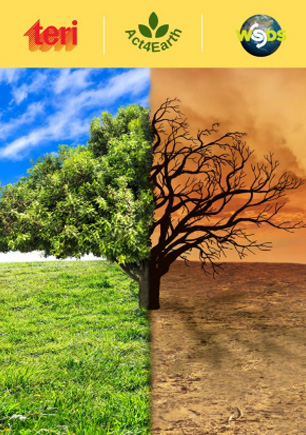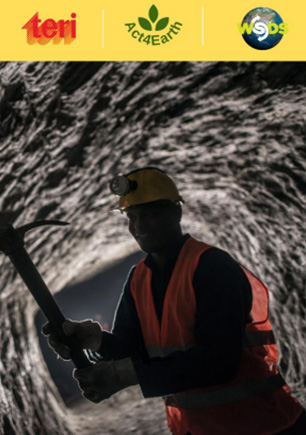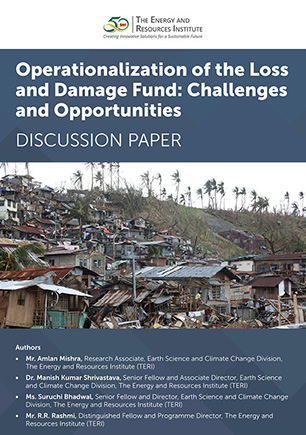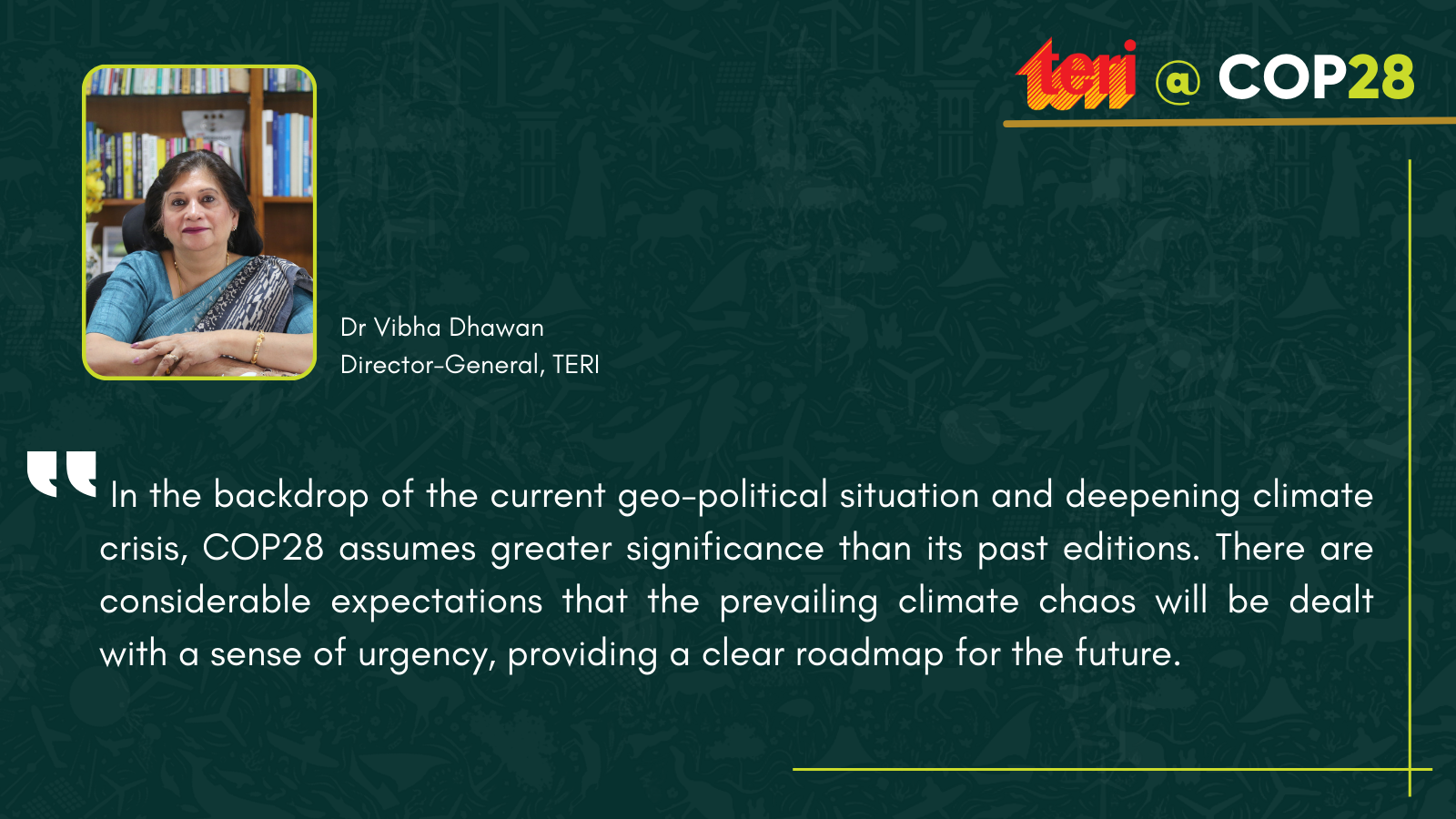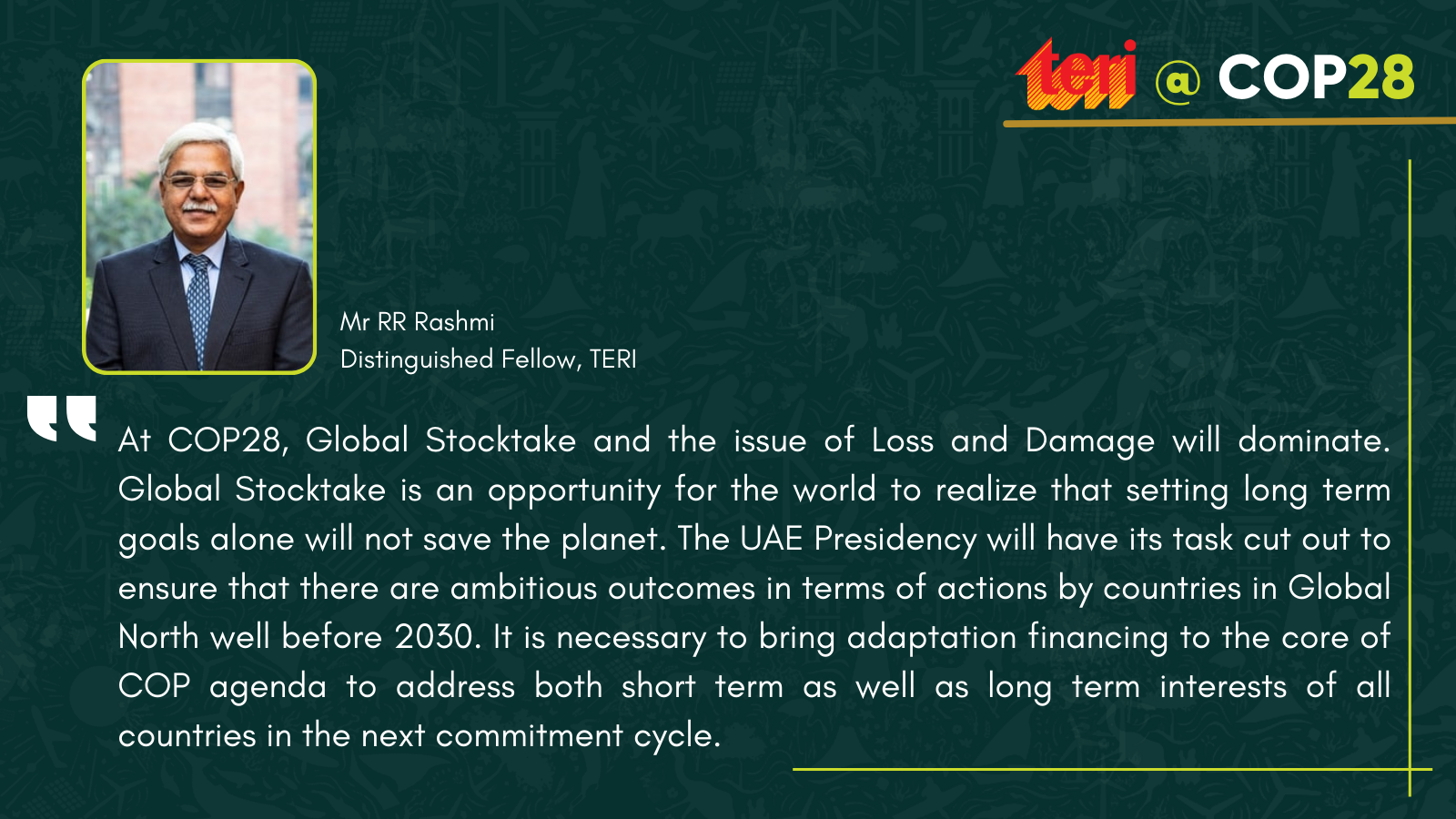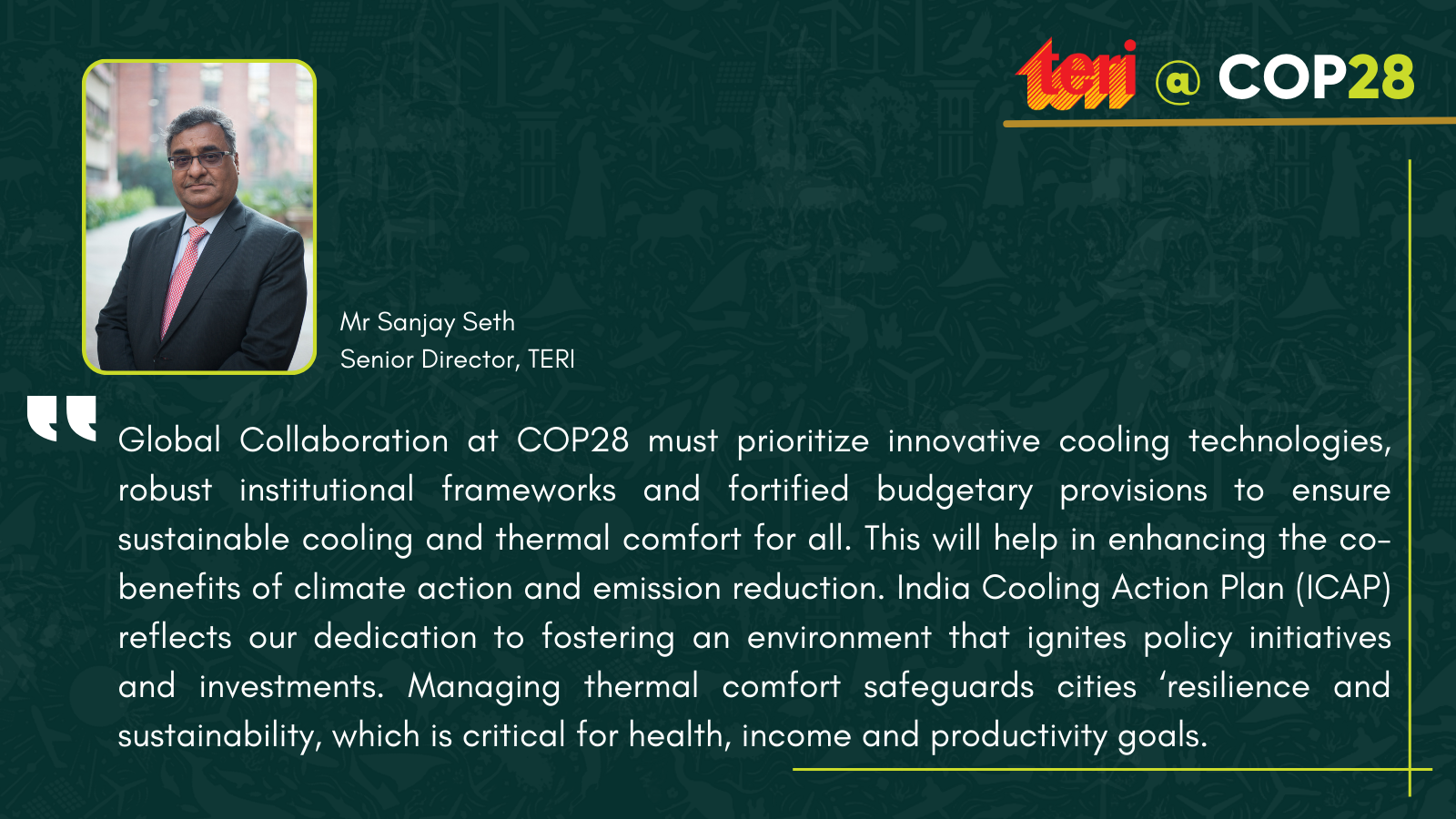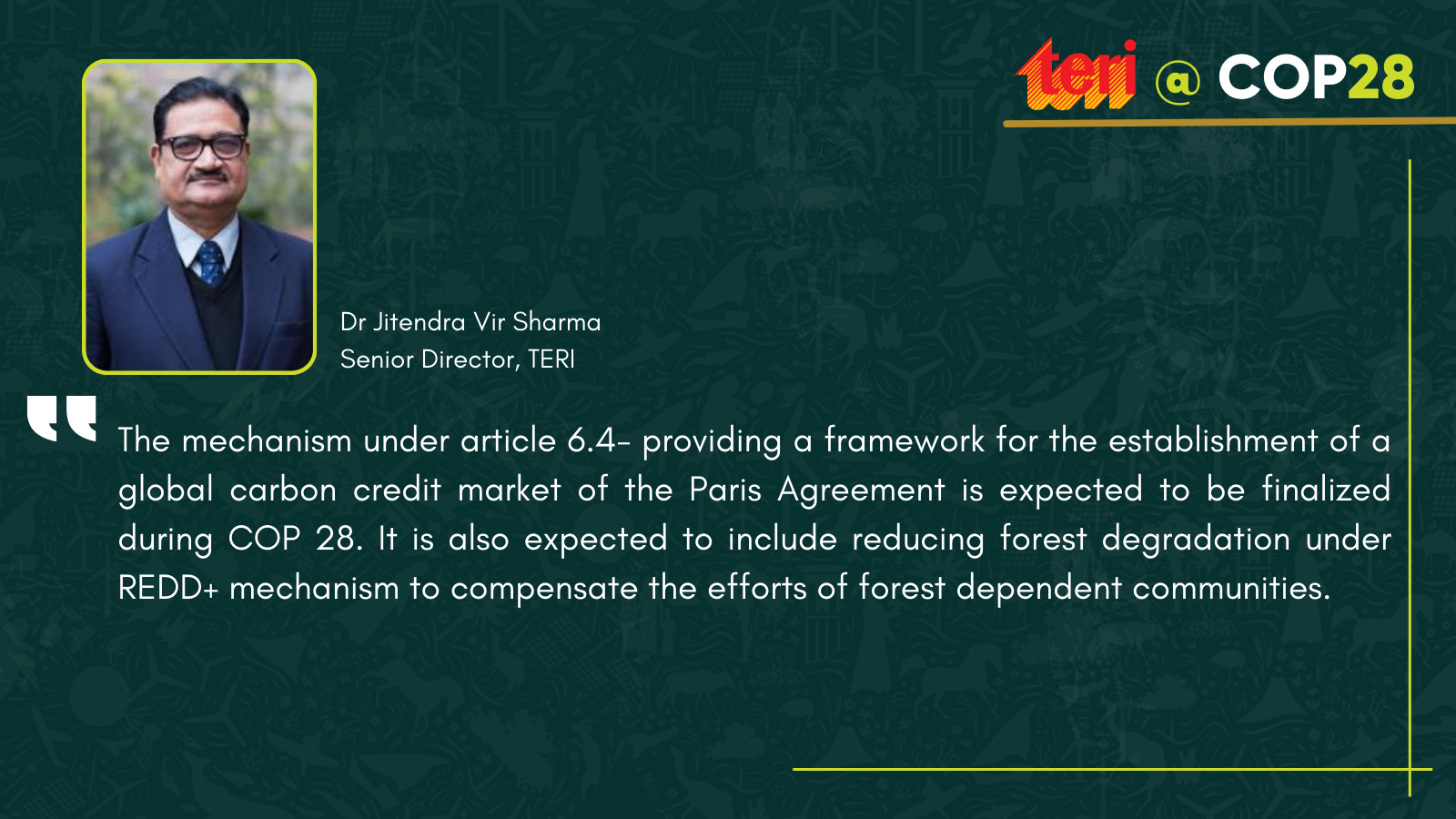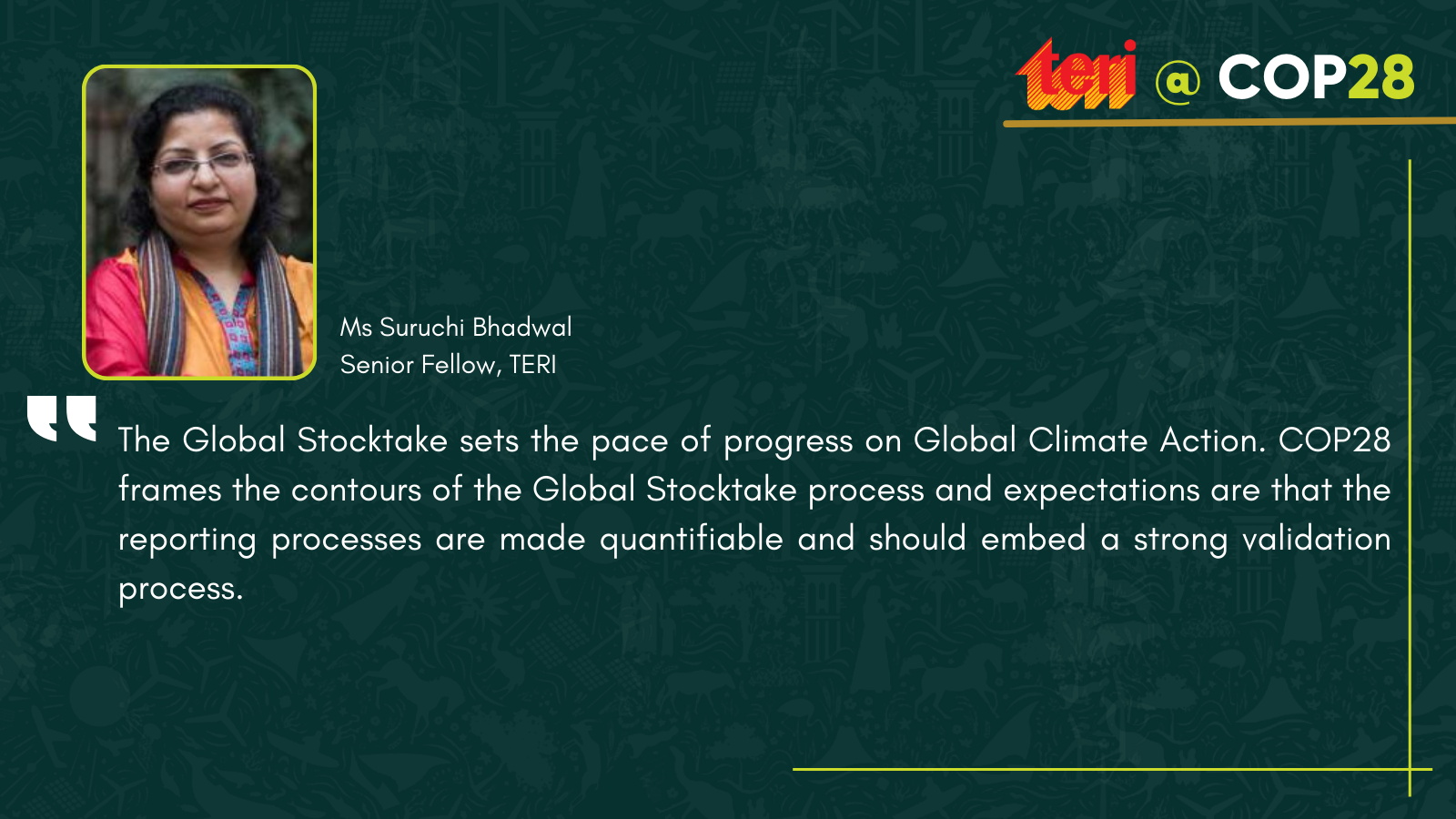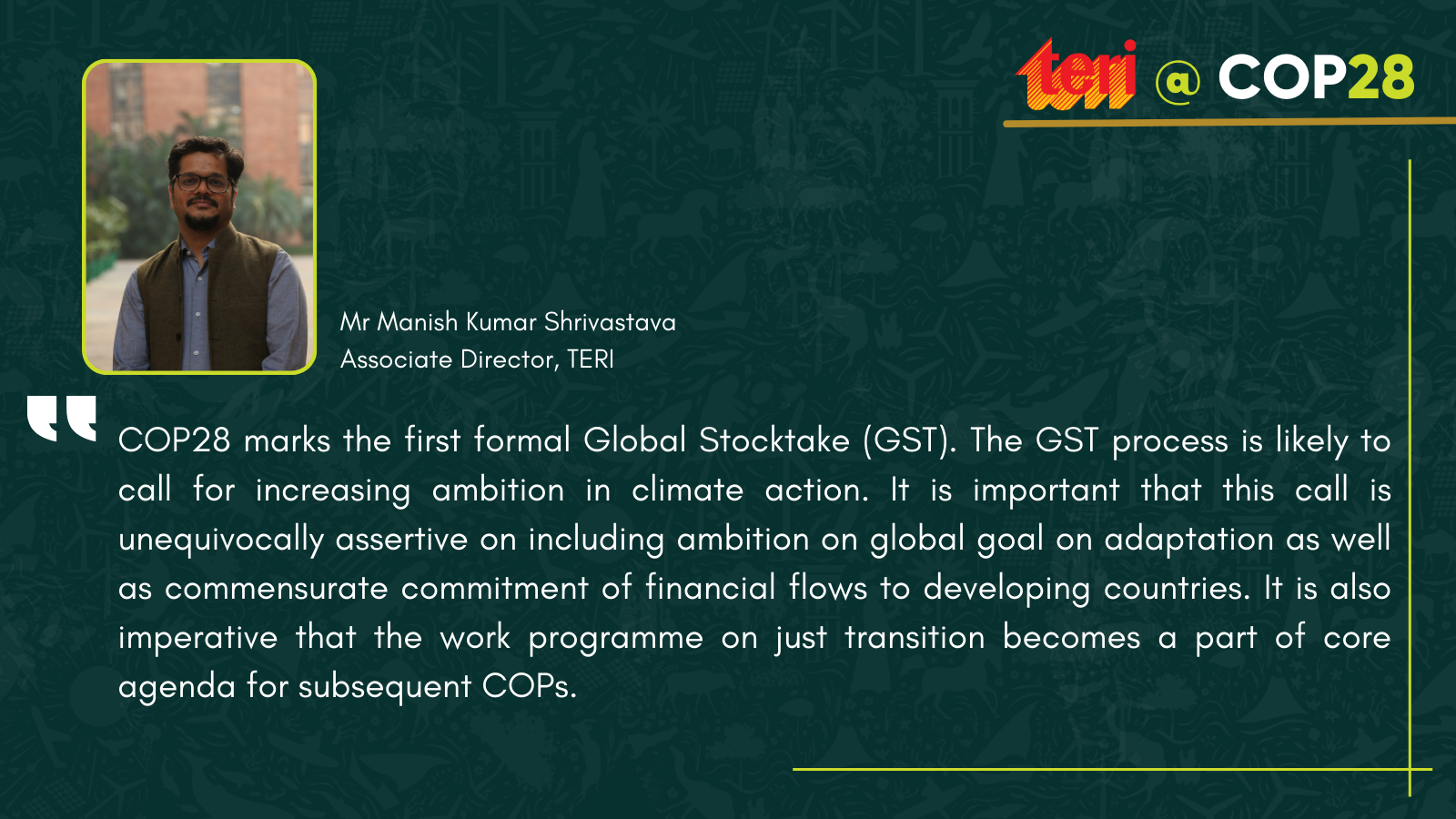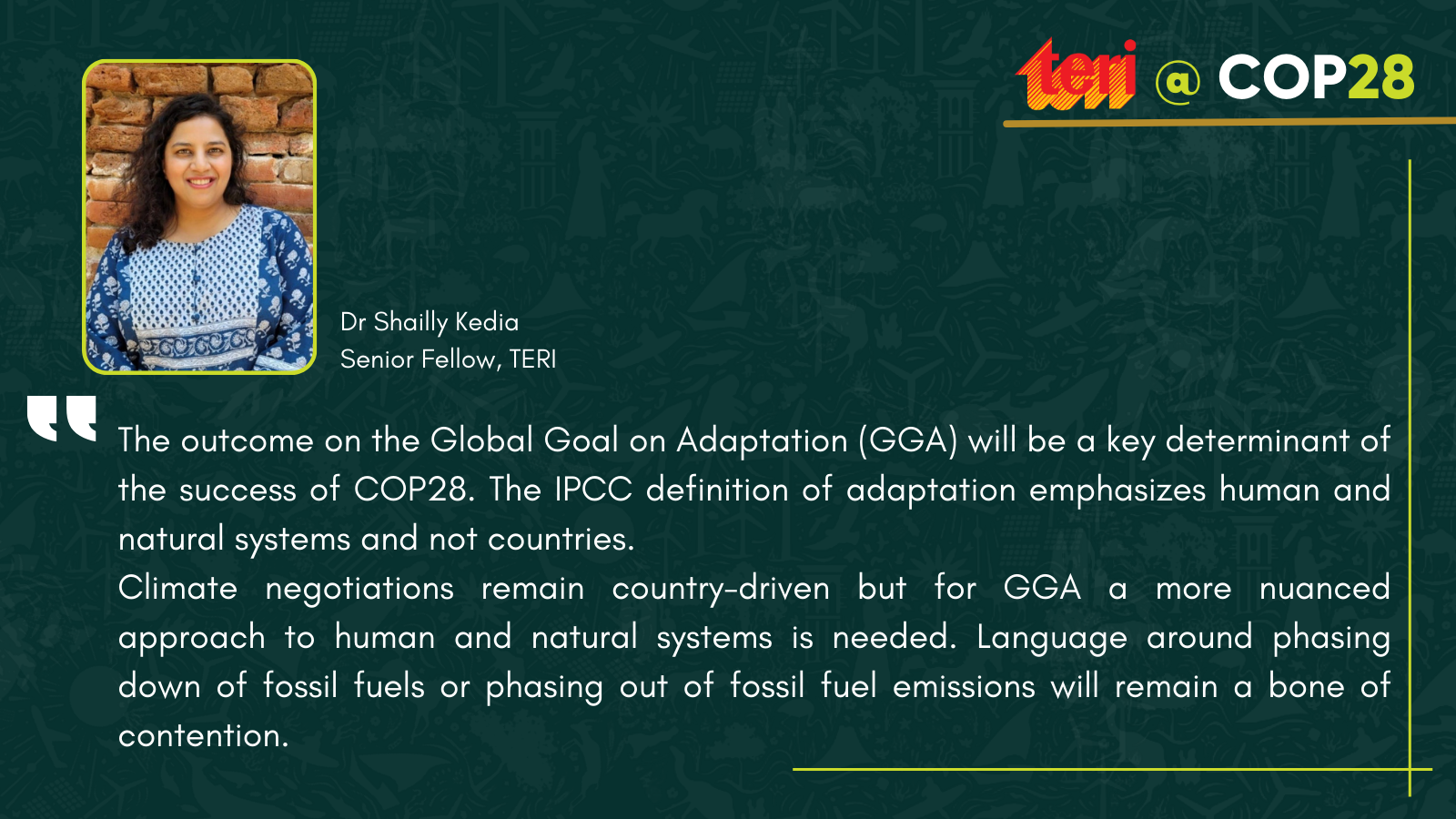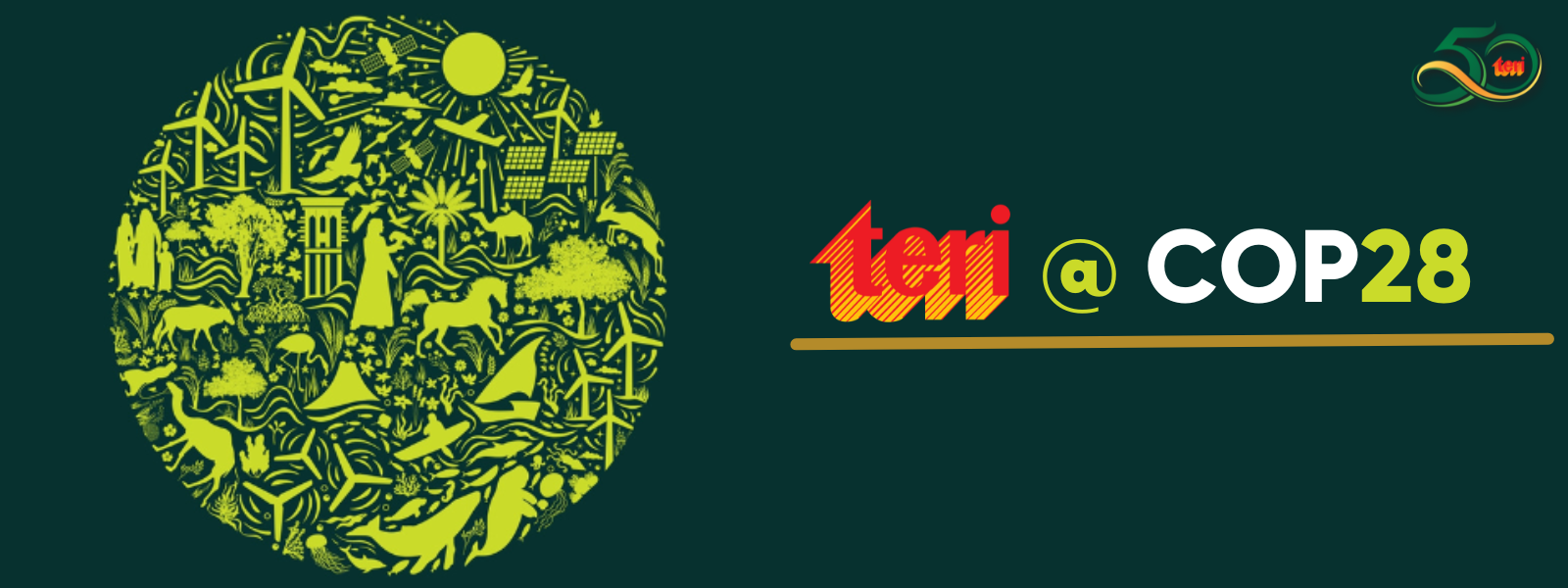
Commencing November 30, Dubai is set to host COP28, the annual Conference of Parties (COP) on climate change negotiations orchestrated under the United Nations Framework Convention on Climate Change (UNFCCC).
COP28 will center its attention on crucial facets including mitigation, adaptation, loss and damage, and finance. There will be a pronounced emphasis on fortifying commitments for emission reduction to counter the concerning trajectory of global warming. Climate finance, an essential concern, necessitates the mobilisation of funds and a revamp of the global financial system to bolster climate action. Addressing mistrust between the northern and southern hemispheres and advocating for the transformation of climate finance to ensure a "fair and inclusive global energy transition" are the key aspects requiring attention during COP28.
Among the salient points commanding attention are the fulfilment of unmet promises such as the $100 billion pledge, full replenishment of the green climate fund, a twofold increase in adaptation finance, and the complete operationalization of the fund for Loss and Damage at COP28.
The UAE conference will also introduce a "global stocktake," (GST) wherein participating nations will present reports on their progress in meeting voluntary emissions reduction commitments and engage in discussions about strategies to bridge existing gaps. The success of COP28 hinges on the effectiveness of the GST, designed to assess progress toward limiting global warming to 1.5 degrees Celsius above pre-industrial levels. The GST provides not only course correction but also a tangible roadmap to 2030, demanding unprecedented collaboration and support at the highest echelons.
Another critical topic for consideration during COP28 involves discussions surrounding the framework known as the Global Goal on Adaptation (GGA) under the Glasgow–Sharm el-Sheikh (GlaSS) work programme. The Provisional Agenda for COP28, item 8(a) of CMA (Conference of the Parties serving as the meeting of the Parties to the Paris Agreement) will consider GGA. Additionally, GGA will be addressed in joint agenda items 3(a) of the Subsidiary Body for Scientific and Technological Advice (SBSTA) and 12(a) of the Subsidiary Body for Implementation (SBI).
India, alongside other developing nations, advocates for a new global climate finance target, recognising the escalating costs associated with addressing and adapting to climate change. It is anticipated that India, as it during the G20 Presidency, will play an influential role in delivering a clear political framework and shaping the expected outcomes at COP28.
The UAE and India share a common vision for embracing an energy transition aligned with sustainable socio-economic development. This vision has laid the groundwork for The Energy and Resources Institute (TERI) to undertake pertinent climate-related actions, contributing significantly to a sustainable future.
Viewpoint on COP28 Outcomes
However, while ambitious strategies to scale climate solutions were discussed, there remained a notable gap in discussions around institutionalizing climate action and fortifying support for subnational governments in implementing these crucial measures.”
“The outcome of the COP 28 is a work in progress, implications of which can take many directions depending on how countries choose to carry forward the so-called ‘UAE Consensus’. The reference to language like ‘unabated coal power’ marks a departure from the tradition of COP decisions not being prescriptive and being conscious of developing counties' developmental priorities,” said Dr Manish Kumar Shrivastava, Associate Director, TERI. Dr Shrivastava further elaborated, “In the absence of concrete, adequate, and predictable commitment on finance such coveted prescription is unjust. While the overall text is open for interpretation with new language, the most worrisome language is around finance. Despite all announcements related to finance, the text may very well open way to privatization of global public policy on climate finance. This is different from private finance eventually playing an important role. It allows the private finance to set public agenda on sectors relevant to adaptation and health. Overall, developing countries will have to be extremely cautious, strategic, and well prepared for the negotiations next year.”
Expressing her views on the Global Goal on Adaptation, Dr Shailly Kedia, Senior Fellow, TERI, said, “With the adoption of the UAE Consensus, parties gathering at COP28 in Dubai agreed to the first Global Stocktake (GST) under the Paris Agreement. The framework of the stocktake was an incomplete one as it took place without the Global Goal on Adaptation (GGA) being in place. Considering that climate impacts are already being felt, adaptation is crucial for all countries and especially developing countries. GGA was mandated by the Paris Agreement, and it was essential to link it to the first global stocktake. The decision on GGA does not mention the principle of Common but Differentiated Responsibilities and Respective Capabilities thereby placing burden on developing countries. The decision includes 11 targets to be achieved by 2030. Seven pertain to sectors while four others pertain to adaptation cycles. Only four targets have been quantified. It is disappointing that there are no quantified targets with respect to means of implementation.” Dr Kedia further explained, “A lot now depends on the two-year work programme for measuring progress on the agreed targets which would be carried out jointly post COP28 by Subsidiary Body for Scientific and Technological Advice and the Subsidiary Body for Implementation. A lot depends on this two-year Dubai-Baku -Belem process on the type of indicators agreed on.”
Media @ COP28
TERI's Presence @ COP28
| Event Schedule | Discussion Topic | TERI Speakers |
| December 1, 2023 04:45 PM – 06:15 PM hrs (UAE Time) | Operationalizing the Loss and Damage Fund with Equity and Efficacy | Mr RR Rashmi Ms Suruchi Bhadwal Mr Amlan Mishra |
| December 2, 2023 12:15PM - 1:15PM hrs (UAE Time) Green Education Pavilion Al Fanar | Accelerating Climate Action through Citizen Science: Role of COP 28 and Beyond | Dr Livleen Kahlon Ms Saltanat M Kazi |
| December 3, 2023 10:30-13:00 hrs (UAE Time) BCG Pavilion, Green Zone | Transformative Climate Leadership for Actions on Finance, Technology, and International Cooperation | Mr RR Rashmi Dr Manish Kumar Shrivastava Mr Arupendra Nath Mullick |
| December 4, 2023 11:30-13:00 hrs (UAE Time) SE Room 8, Blue Zone | Global Collaboration for Innovation and Sustainable Cooling: Solutions for Market Transformation | Dr Vibha Dhawan Mr RR Rashmi Manish Shrivastava Mr Shaurya Anand |
| December 4, 2023 17:00-18:00 hrs (UAE Time) Climate Live Pavilion Blue Zone | Panel discussion with IPCC Chair and Indian Business Leaders | Dr Vibha Dhawan Amb Manjeev Puri Mr Arupendra Nath Mullick |
| December 5, 2023 13:15-14:45 hrs (UAE Time) SE Room 3, Blue Zone | Just Energy Transitions and SDGs: Tools and Enablers | Dr Shailly Kedia |
| December 5, 2023 15:15-16:15 hrs (UAE Time) Marrakesh Partnership Pavilion (Al Jeer Room) Blue Zone | Green Market Instruments for Industry Decarbonisation – Spotlight on Steel in Emerging Economies | Mr Arupendra Nath Mullick |
| December 9, 2023 10.00 am to 12.00 hrs (UAE Time) B2-20 venue | Exploring the Potential of Sub-National REDD+ Approach in India and their contribution towards SDGs | Dr Vibha Dhawan Dr Dipankar Saharia Dr Jitendra Vir Sharma Dr Yogesh Gokhale Mr Aniruddh Soni |
| December 9, 2023 11:30-13:30 hrs (UAE Time) Nordic Business Pavilion Blue Zone | Accelerating Multistakeholder Cooperation for Climate Actions in the Global South | Dr Vibha Dhawan Mr Arupendra Nath Mullick |
TERI Policy Briefs
Viewpoint on Expectations from COP28
TERI Delegates @COP28

Dr Vibha Dhawan
Director General
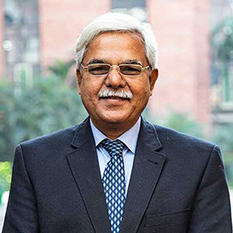
Mr R R Rashmi
Distinguished Fellow and Programme Director, Earth Science and Climate Change
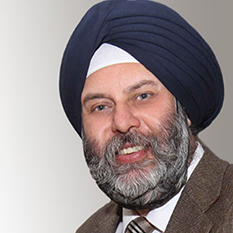
Mr Manjeev Singh Puri
Distinguished Fellow, Earth Science and Climate Change
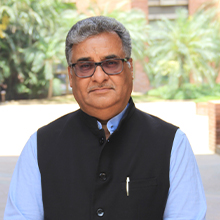
Mr Sanjay Seth
Senior Director, Sustainable Habitat

Dr Dipankar Saharia
Senior Director, Administrative Services
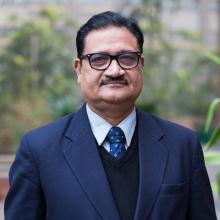
Dr Jitendra Vir Sharma
Senior Director, Land Resources
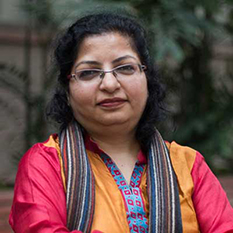
Ms Suruchi Bhadwal
Director, Earth Science and Climate Change
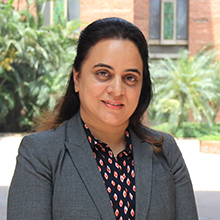
Ms Shabnam Bassi
Director, Sustainable Buildings

Mr Anshuman
Director, Water Resources

Dr Manish Kumar Shrivastava
Associate Director, Earth Science and Climate Change
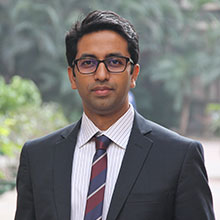
Mr Sharif Qamar
Associate Director, Transport and Urban Governance

Dr Shailly Kedia
Associate Director, Sustainable Development and Outreach

Mr Arupendra Nath Mullick
Area Convenor, TERI Council for Business Sustainability

Dr Yogesh Gokhale
Area Convener of Centre for Forest Mgmt. & Governance; and Nutritional Security
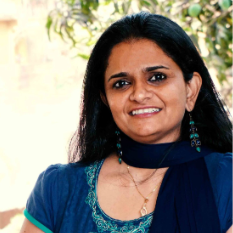
Ms Saltanat M Kazi
Fellow, Environment Education and Awareness

Mr Aniruddh Soni
Area Convenor, Centre for Biodiversity & Ecosystem Services
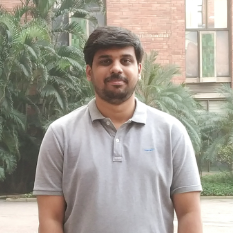
Mr Amlan Mishra
Research Associate, Earth Science and Climate Change

Mr Shaurya Anand
Research Associate, Earth Science and Climate Change

Ms Dorothy Ashmita Biswas
Research Associate, Earth Science and Climate Change

Ms Pooja Sehbag
Research Associate, Earth Science and Climate Change

